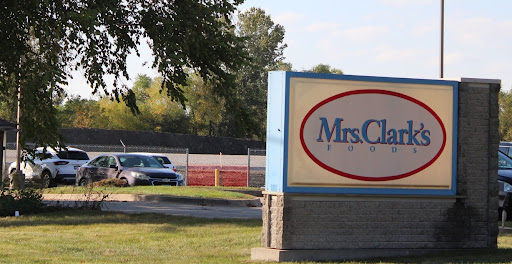Report: Iowa students still making up losses caused by COVID-19

A new report on learning loss during the pandemic shows the average Iowa student continues to lag behind pre-COVID achievement levels in reading and math, with some trailing by a year or more.
The Education Recovery Scorecard, prepared by researchers at Harvard and Stanford universities, is in its third year of reporting the pace of post-pandemic academic recovery in districts nationwide.
The scorecard is based on tests fourth and eighth graders take annually and shows that students in many of the nation’s school districts have not made up educational ground lost when schools were either closed during the pandemic or learning was done remotely.
Research has repeatedly shown that students who don’t advance beyond lower levels of math are 50% more likely to be unemployed after high school. One analysis shows that the post-pandemic drop in math skills could result in a 1.6% reduction of lifetime earnings, or a total of $900 billion in lost income.
Studies have also found that employees with poor reading skills have difficulty understanding instructions, communicating with co-workers and advancing in their careers.
The scorecard ranked Iowa 24th among states in terms of recovery in math and 16th in reading between 2019 and 2024. The average Iowa student is nearly a half a grade behind 2019 levels in math and about 40% of a grade level behind in reading, the scorecard shows.
The report also highlighted a rise in chronic absenteeism among Iowa students. (Chronic absenteeism is when students miss 10% of the school year, which in Iowa is 18 days.)
In 2019, the year before the pandemic, 13% of Iowa’s kindergarten through 12th grade students were absent from school 18 or more days, according to the report. In 2022, 26% of students were considered chronically absent; in 2024, 22%.
A new state law addressing chronic absenteeism went into effect this school year. The law requires school districts to have stricter attendance guidelines and notification of parents and county attorneys when a student misses 10% of school during a grading period.
Numerous studies have shown that students who are chronically absent are more likely to trail their peers academically, more prone to drop out of school, and tend to carry poor attendance habits into the workplace.
For more information about how Iowa and individual school districts in the state fared in the Education Recovery Scorecard, click here.










